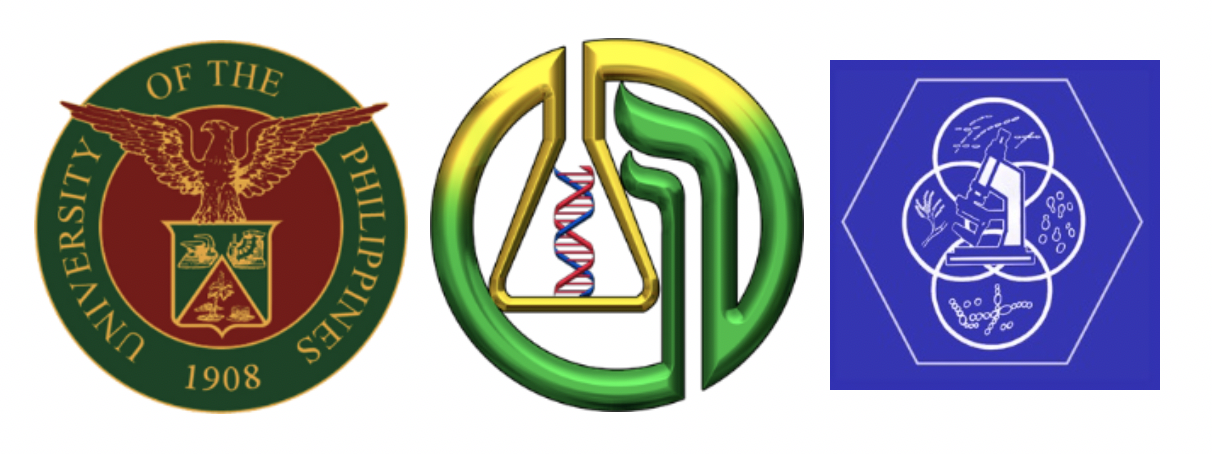
Philippine National Collection of Microorganisms (PNCM)
Introduction
The Philippine National Collection of Microorganisms (PNCM) is the national repository of microbial strains in the Philippines. It traces its origins to the Microbial Culture Collection (MCC) of the National Institute of Molecular Biology and Biotechnology (BIOTECH) at the University of the Philippines Los Baños in Laguna Province. The BIOTECH-MCC was established as an in-house culture collection with the primary function of preserving microbial strains that the various projects of the institute have isolated and acquired. Through the years, it has evolved into a service laboratory in response to requests for microbial cultures and microbiological services particularly from the academe, local communities and industry. Thus, BIOTECH-MCC expanded into a service laboratory and became the BIOTECH Microbial Culture Collection and Service Laboratory (MCCSL). In 1995, the Department of Science and Technology (DOST) through the Philippine Council for Advanced Science and Technology Research and Development (PCASTRD), provided a three-year grant for the upgrading of the BIOTECH-MCCSL into a national repository of microorganisms. The proposal to upgrade the laboratory into a national repository included surveying existing culture collections in the country and organizing these collections into a Philippine Network of Microbial Culture Collections (PNMCC). At present, there are seven members of the network, namely BIOTECH-PNCM, the UP Natural Sciences Research Institute Culture Collections, the Microbial Culture Collection of the Museum of Natural History UPLB, the Industrial Technology Development Institute Microbial Culture Collection, the University of Santo Tomas Collection of Microbial Strains, the Ecosystems Research and Development Bureau Endomycorrhizal Germplasm Collection and the UNILAB Clinical Culture Collection. The BIOTECH-MCCSL has been renamed the PNCM to reflect its present national repository status. The PNCM is the biggest general culture collection in the country. It maintains a total of over 4000 strains of bacteria, yeast, molds and algae that use either of the two preservation methods: overlay with sterile mineral oil, ultra-low temperature storage with glycerol, liquid drying (L-drying), storage in sterile soil or water.
Services
- Deposit: Microbial deposits are placed mainly in our general collection or special collection, if deposits are restricted in nature.
- Distribution: Our Bacterial, Filamentous Fungal, Yeast, and Algal cultures are distributed to different types of clients such as those from the industry, academe, government agencies, schools, higher education institutions, among others. They are mainly released in active form and ampoule form.
- Testing: Several standard tests fall under the PNCM’s ISO/IEC 17025:2005 Accreditation such as but not limited to microbiological testing of drinking and waste water, food and identification of microorganisms.
- Other: Training Services: Management of a culture collection Culture and preservation methods Quality control Identification Water Analyses Viable Cell Counts Detection Assays Antimicrobial assays Microbiology of Canned Foods Mutagenicity Assay (Ames
Type of microorganisms or biomaterials in collection
- Bacteria
- Filamentous fungi and mushrooms
- Yeasts
- Algae
Contact
-
Address
- Collection name: Philippine National Collection of Microorganisms (PNCM)
- Collection name: PNCM-BIOTECH
- Institute: National Institute of Molecular Biology and Biotechnology (BIOTECH), University of the Philippines Los Baños
- Address: College, Laguna 4031, Philippines
- Tel: +63 536 2884 / +63 536 2721
- Email: pncm.uplb@up.edu.ph
- Website: https://biotech.uplb.edu.ph/services/philippine-national-collection-of-microorganisms-pncm
- Name: Dr. Rosario G. Monsalud
- Position: Scientist I
- Email: rgm_pncm@yahoo.com / rgmonsalud@up.edu.ph
Head of collection